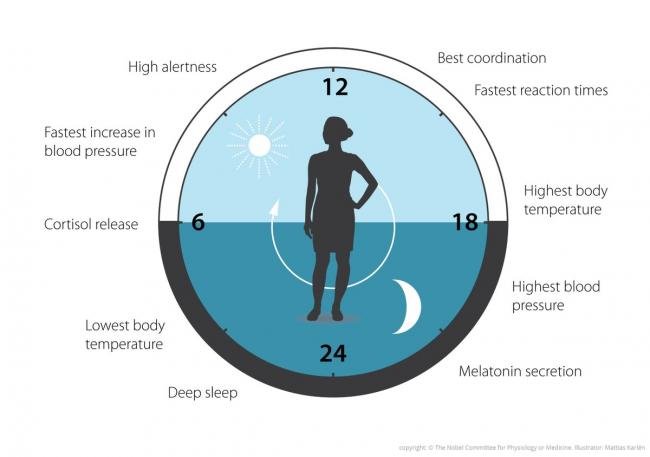5 pm-7 pm: The Kidney Time
Turning off all screens (TV, computer, tablets and smart phones), you please enjoy a light but high-quality supper and exchange stories with your family. In principle, you should finish eating at least 2 hours before bedtime. Consume all your herbal tonics and vitamins right after your supper because the kidneys are typical yin organs responsible for depositing nutrients, energy and strengthening the brain and bones. This helps us to prevent age related diseases. If you haven’t don’t any exercises for the day yet, take 30 minutes from this time period, your last chance.
7 pm-9 pm: The Pericardium Time
The pericardium in Chinese medicine protects and assists the heart. This is a relaxing, but still an energy high point in the evening. You may do anything you like, read, study, plan for your next day, play with your kids, walk the dog, water the plants and so on. If exercises in the evening help you falling into sleep, this would be the best time to ride on the treadmill or stationary bike, and do weight training or yoga, etc.
9 pm-11 pm: The Triple Energiser Time
You are in the process of going to bed. Make sure that your bedroom temperature is right, the blinds are closed, and curtains are down. Healthy, happy, long living people have one thing in common: they sleep on time and sleep very well.
The triple energiser is a theoretic organ in Chinese medicine which means the chest, the abdomen and the pelvis energetically. This is the time for overall relaxation and blood flow, and for greater harmony and balance of the whole body. Brushing and flossing your teeth, no more eating please. Do whatever relaxes you such as soft music and pleasure reading and then fall into sleep naturally. Of course, this is also the best time to complete yourself with the other half.
11 pm-1 am: The Gallbladder Time
You must be in bed before 11 pm. This is the midnight with the most yin (coldness and darkness), however the smallest warming yang, i.e. the gallbladder energy, is already rising. I’d say it once more: “You should sleep at this hour.” Otherwise, you won’t perform well the second day. Your sleep/wake cycle is part of the universal rhyme built inside our body. If you break this cycle often, the long-term consequence is unimaginable. This could affect your nervous system, your circulatory system, your hormonal system and your digestive system. As a result, a host of chronic illnesses will develop. A 6.5-year survey (2018) following 500,000 British adults shows that night owls face 10% higher risk of premature death.
